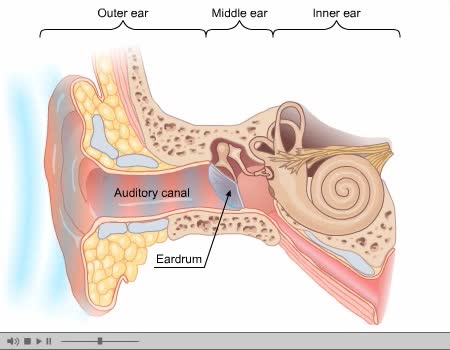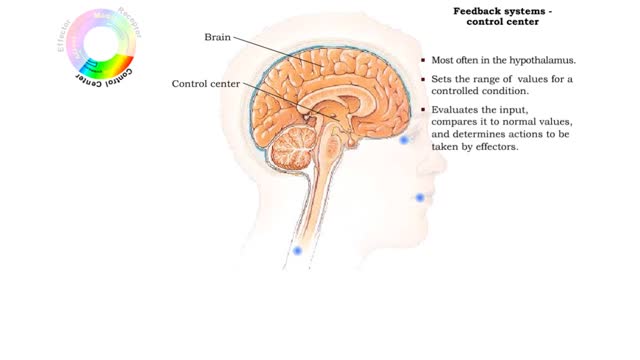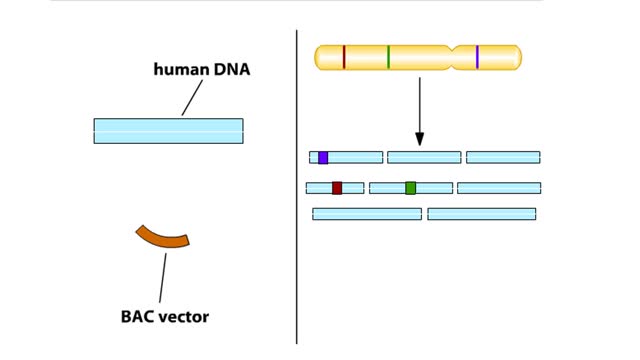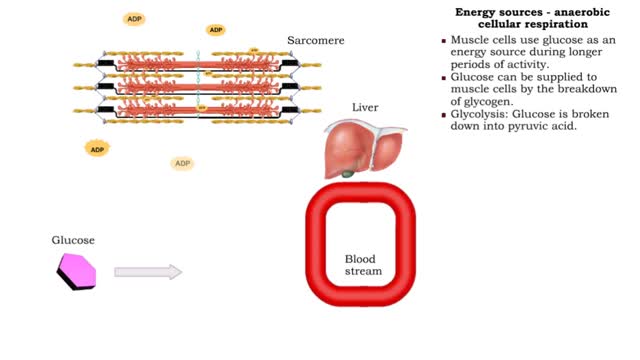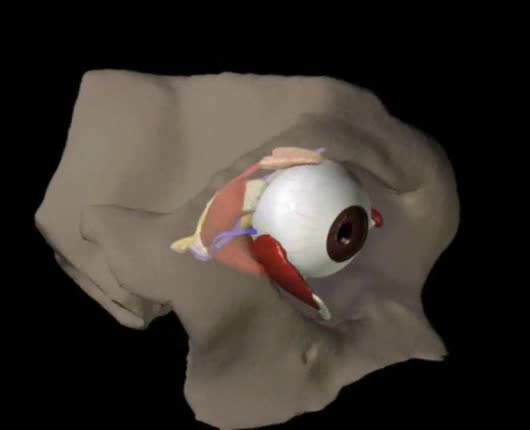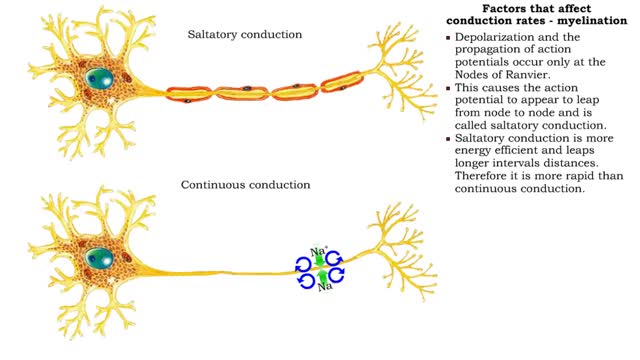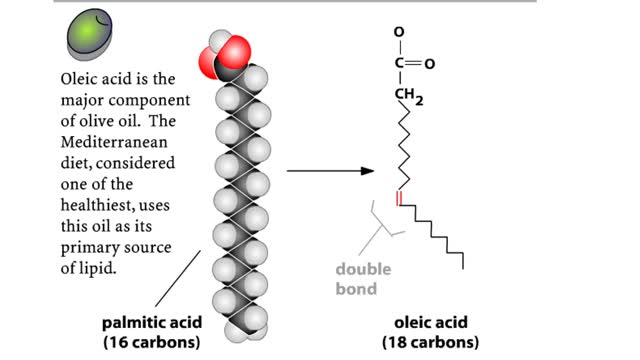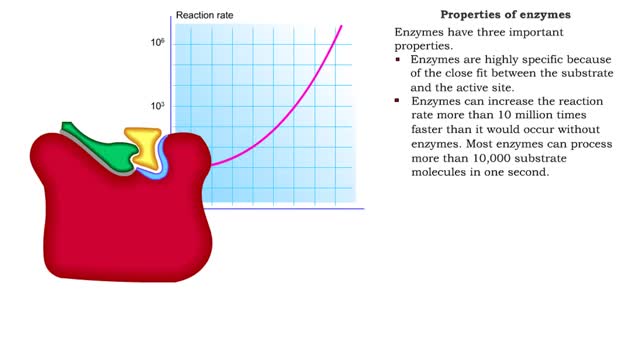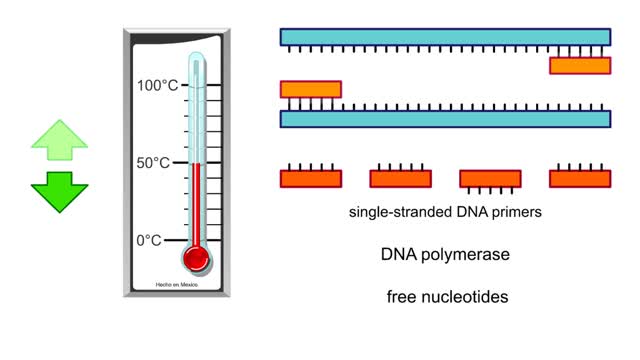Search Results
Results for: 'Plant Cell Animation'
By: Administrator, Views: 13973
The ear is the organ of hearing and, in mammals, balance. In mammals, the ear is usually described as having three parts—the outer ear, the middle ear and the inner ear. The outer ear consists of the pinna and the ear canal. Since the outer ear is the only visible portion of the ear in most ani...
Component of feedback systems & Communication and regulation of body systems
By: HWC, Views: 11137
• Primary responsibility for communication and regulation in the body is shared by the nervous and endocrine systems. • The two systems work alone or together in specialized physiological processes called feedback systems to maintain homeostasis. • Feedback systems - or loops - are ...
Hierarchical Sequencing Method - Sequence Tagged Sites
By: HWC, Views: 10227
In the hierarchical sequencing method, researchers begin by collecting cells. In humans, each cell contains 23 pairs of chromo-somes. Here we specifically track the DNA from just one of the 23 pairs. Chromosomes have a series of unique DNA sequences, called sequence-tagged sites (STSs), that a...
By: HWC, Views: 11146
• The amount of ATP stored in a skeletal muscle cell can only provide muscular activity for two to three seconds. • Muscle cells must be able to generate additional molecules of ATP to continue contracting. • Muscle cells can generate ATP from several processes: • Phosphogen syste...
Structures of the Eye Animation
By: Administrator, Views: 2336
Orbit A cone-shaped cavity in the front of the skull that contains the eyeball. Formed by the combination of several bones and is lined with fatty tissue that cushions the eyeball. This cavity has several foramina (openings) through which blood vessels and nerves pass. Largest opening is the ...
Factors that affect conduction rates (myelination, axon diameter & temperature)
By: HWC, Views: 11119
• Several factors determine the rate of conduction of action potentials: • Myelination • Axon diameter • Temperature • The step-by-step depolarization of an axon is called continuous conduction and occurs along unmyelinated axons. • Neurons in the PNS have many axons that ...
Major Elements in Biological Molecules: Lipids
By: HWC, Views: 10329
A triglyceride (also called triacylglycerol) is composed of three fatty acid molecules and one glycerol molecule. The fatty acids attach to the glycerol molecule by a covalent ester bond. The long hydrocarbon chain of each fatty acid makes the triglyceride molecule nonpolar and hydrophobic. Pa...
Enzyme structure - Properties of enzymes
By: HWC, Views: 10901
■ Enzymes are proteins that catalyze reactions. ■ Some enzymes have two parts: a protein or apoenzyme and a non-protein or cofactor. ■ Cofactor can be a metal ion or another organic molecule called a coenzyme. ■ Coenzymes often come from vitamins. ■ Cofactors affect the shape of...
Polymerase chain reaction PCR - Animation
By: HWC, Views: 4892
Polymerase chain reaction (PCR) is a method that amplifies fragments of DNA. The purpose of PCR is to create copies of a specific region of DNA. To use this technique, researchers must know the base sequences at either end of the region of interest. They use this information to create...
Advertisement



